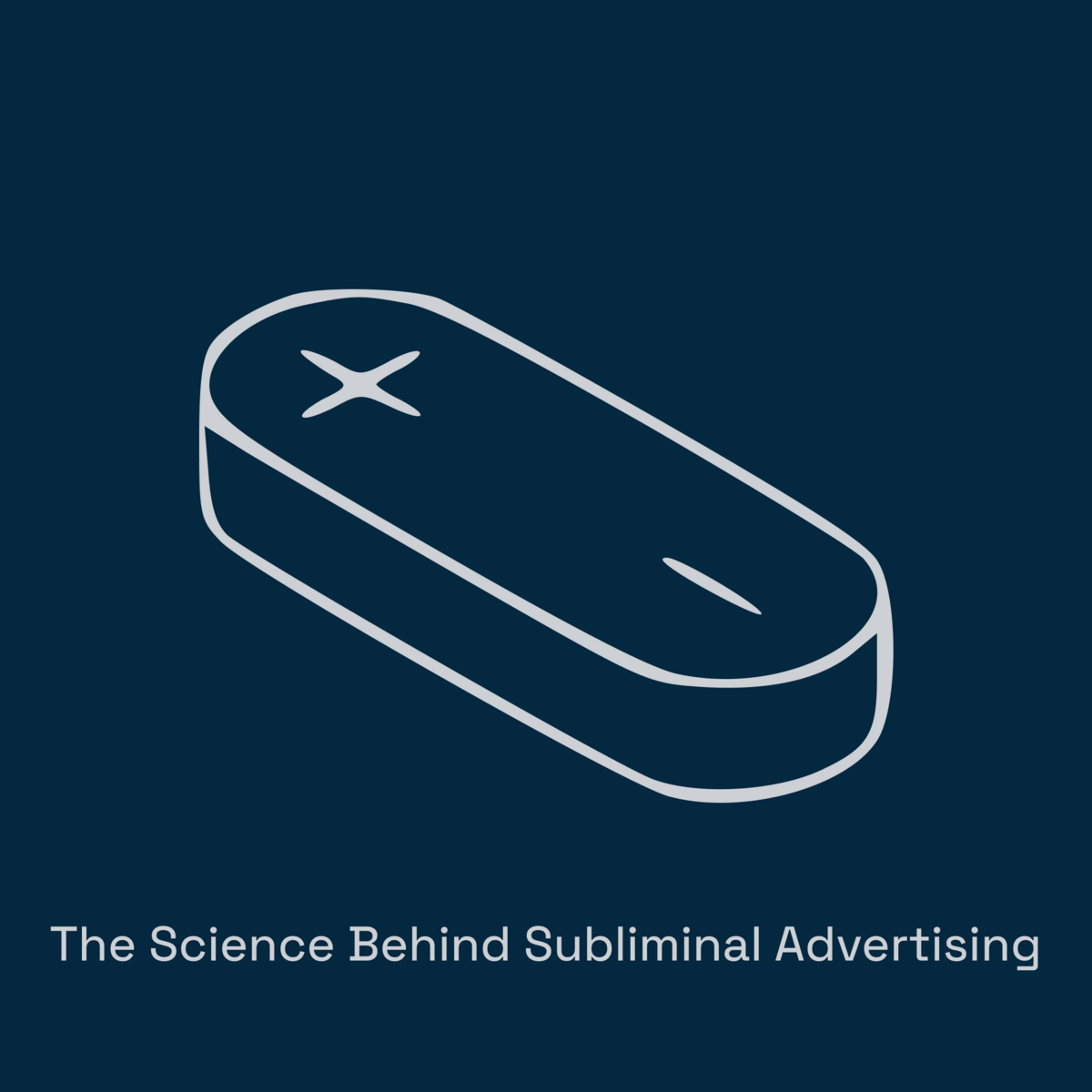- The Value Vault
- Posts
- The Science Behind Subliminal Advertising
The Science Behind Subliminal Advertising
Advertising has been a part of our daily lives for decades. Companies use advertising to promote their products and services and persuade people to buy them. Traditional advertising techniques involve communicating messages to target audiences to convince them to purchase a product or service. However, recent research suggests that advertising affects us on a subconscious level, even when we don’t realize it. In this article, we will explore the science behind subliminal advertising and how it influences our behavior.

Designed by Author
The Power of Subliminal Advertising
Subliminal advertising: now you see it, now you don’t.
Subliminal advertising is a form of advertising that targets our subconscious mind without our awareness. The goal of subliminal advertising is to plant messages in our minds that we will later associate with a product or service. For example, you might not immediately think about a product after seeing an ad, but the message has been planted in your mind, waiting to be harvested at the right moment.
The subconscious mind is responsible for many of our automatic behaviors, habits, and beliefs. This part of the mind is powerful and can be influenced by various external stimuli, including advertising. When we are exposed to an advertisement, it can activate our subconscious mind and influence our behavior.
Emotions and Subliminal Advertising
Make ’em laugh, make ’em cry, make ’em buy.
Emotional stimuli are powerful, and if we make our audience feel a certain way, our message will likely become embedded in their minds. Advertisers can tap into our emotions by creating ads that evoke certain feelings, such as happiness, excitement, or nostalgia. These emotions can then be associated with a product or service, making it more likely that we will remember the ad and purchase the product or service in the future.
Authenticity and Relatability
Be real or go home.
Another way that advertisers can tap into our subconscious mind is by creating ads that resonate with our values and beliefs. If someone sees an ad that aligns with their core beliefs, they’re more likely to internalize the message and become a ‘carrier’ for it. Creating authentic and relatable ads is essential for building trust with consumers and increasing the likelihood that they will remember the ad and purchase the product or service.
Repetition and Familiarity
When it comes to subliminal advertising, the key is to be like that annoying song that’s stuck in your head all day.
Repetition is key when it comes to subliminal advertising. The more we expose our audience to our messaging, the greater the likelihood of those messages becoming internalized. Research even suggests that repeated exposure can create familiarity, which can then lead to liking — it’s the ‘mere exposure effect’ in action. This effect suggests that the more we are exposed to something, the more we like it, even if we are not consciously aware of it.
Conclusion
Advertising is a powerful tool that can influence our behavior on a subconscious level. Subliminal advertising targets our subconscious mind without our awareness, planting messages in our minds that we will later associate with a product or service. Advertisers can tap into our emotions, values, and beliefs to create ads that resonate with us and increase the likelihood that we will remember the ad and purchase the product or service. Repetition is key when it comes to subliminal advertising, as repeated exposure can create familiarity, which can lead to liking. By understanding the science behind subliminal advertising, marketers can create more effective and meaningful ads that stick with consumers.
Hey, you! Yes, you with the impeccable taste in articles. If you enjoyed this read, then I’ve got a hot tip for you: check out TheValueVault.
It’s like a treasure chest filled with all the latest tech trends, self-improvement hacks, startup insights, and psychology secrets.
It’s the kind of stuff that will make you say, “Wow, I never knew that!” (or maybe just “Whoa, cool!”). And hey, if you subscribe, we promise not to make you do any cringey secret handshakes. Unless you’re into that sort of thing, in which case… just let us know.
Reply